But before HR goes ‘all-in’ on technology, we need to start really thinking about the impact of tech and where it can help. Some of that will be high-level strategies, but a lot of the most helpful changes will be the day-to-day ‘busy work’ stuff that still needs to get done. This is where technology can really help—just think about something as simple as automation and how that can amplify how we work.
In his Eclipse 2019 general session, Dr. Jarik Conrad addressed three specific areas where technology is transforming how HR functions to become more efficient and more human. Check out the recap and full session video below!
One of the biggest stressors that often gets ignored is work overload. Over the next 5 years, 74% of workers will be working beyond their capacity. Additionally, a high percentage of employees report negative mental health symptoms related to stress at work. People are struggling—and it’s our job to help.
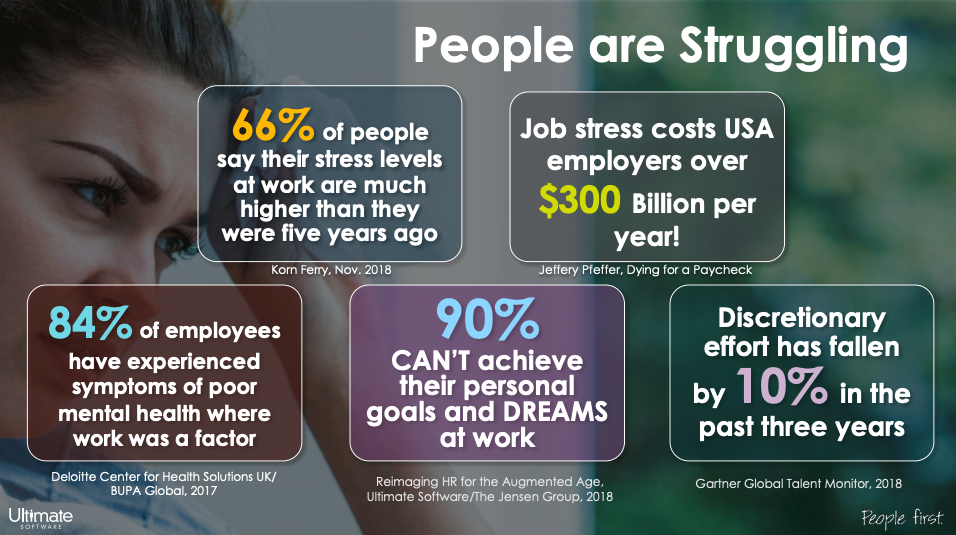
Additionally, stressed employees are not taking care of themselves, which exacerbates other wellness issues.

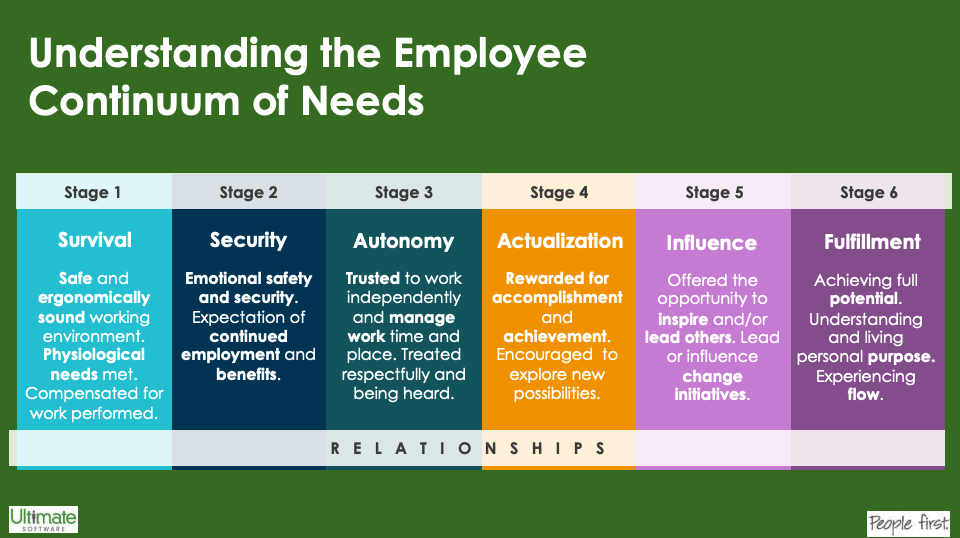
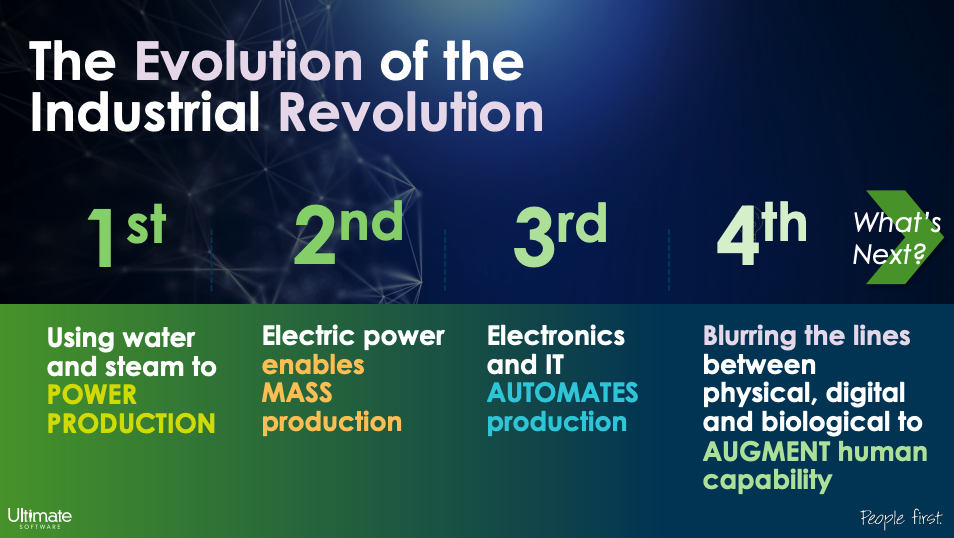
What exactly is HR not ready for?
- Tailored training and development
- User-centered designs
- Robotics & AI in the workplace
When considering upskilling employees, equality needs to be hard-wired into this process. African American and Hispanic workers are disproportionately concentrated in the kinds of support roles most likely to be affected. Women’s jobs are likely to be disproportionately affected by automation, at least in the short-term.
This is just one example of how technology is going to shape the future of the workforce and how HR needs to be proactive about handling these changes and challenges.
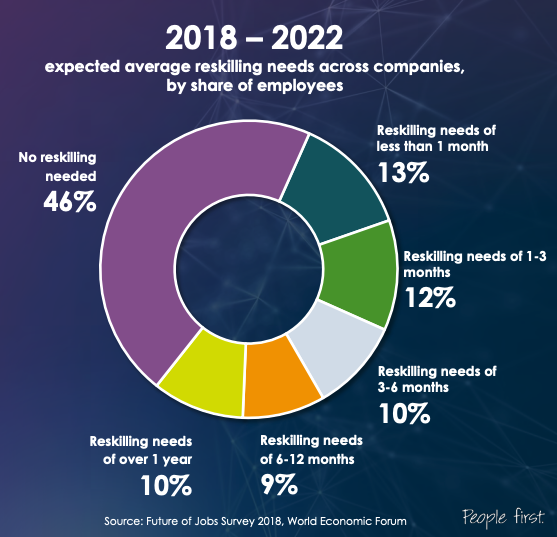
The Internet of Things (IoT) has given us:
- Boundary-less connection
- Ability to think things into reality
- Control over our environment
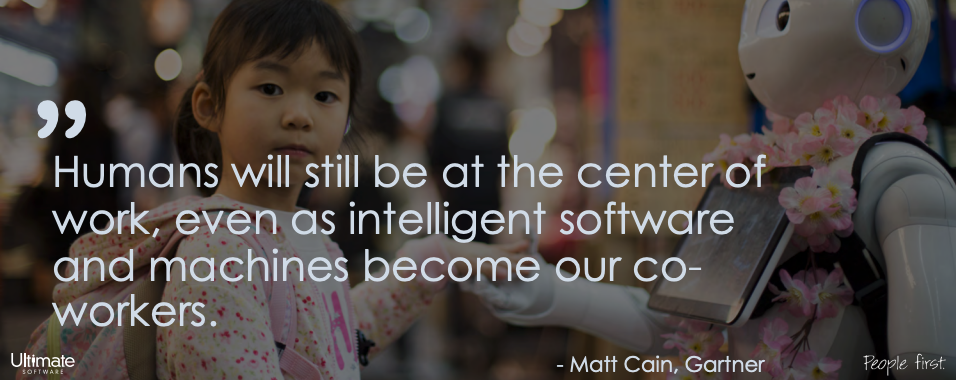
Connectivity and collaboration at scale will help overcome employee isolation and overload while increasing employee fulfillment, control and productivity. And these tools will help mid-senior level managers create and control their own destiny within your organization.
Technology that enables continuous feedback loops will revolutionize HR, particularly by using advanced analytics and process automation to optimize systems of work and people systems.
As an example, HR could provide tools that continuously coach managers so they can give more valuable feedback in real-time. Tools can also change the game of collaborative development by providing insight into team challenges, motivational feedback and company performance intelligence.
—
The Future of Work & Workplace is personalized, digital, experiential, interactive, fluid, collaborative and connected. Are you ready?